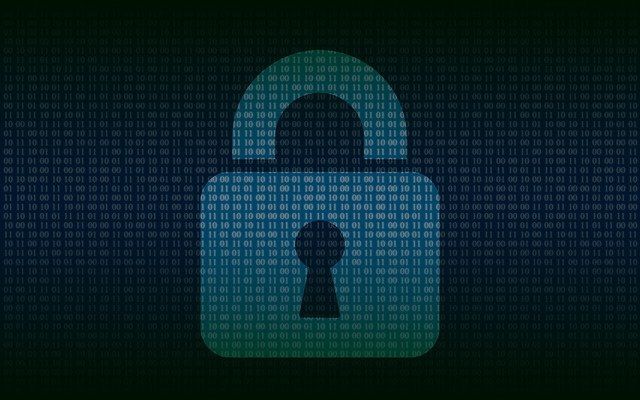Recent Cyber Security Breaches: UC San Diego Health and More

As a managed IT service provider it is important to us to make sure to stay in know about the latest cyber security breaches. Every few weeks we like to share our findings with you here on our blog. Please take a peek below to learn more about some of the most recent cyber security attacks here and around the world.
UC San Diego Health (United States)
Hospital System
The Hack: Phishing
Quick Summary: “UC San Diego Health has disclosed a data breach after the compromise of some employees’ email accounts. UC San Diego Health discovered that cybercriminals had gained access to some of its employees’ email accounts through a phishing attack. The attackers may have accessed the personal information of patients, employees and students between December 2, 2020, and April 8, 2021.” -ID Agent
Read More Here >> UC San Diego Health discloses data breach after phishing attack
Tokyo 2020 Olympics (Japan)
Sporting Event
The Hack: Hacking
Quick Summary: “Just as the games were kicking off, officials disclosed that the usernames and passwords of Tokyo 2020 Olympic Games ticket holders and event volunteers were leaked online. The stolen credentials could be used to log on to websites for volunteers and ticket holders, compromising personal data such as names, addresses and bank account numbers.” -ID Agent
Read More Here >> Tokyo 2020 hit by data breach
Mint Mobile (United States)
Mobile Network Carrier
The Hack: Hacking
Quick Summary: “California-based Mint Mobile has disclosed a data breach. The company says that an unauthorized person gained access to their data including subscribers’ account information. The miscreants also ported phone numbers to another carrier.” -ID Agent
Read More Here >> Mint Mobile hit by a data breach after numbers ported, data accessed
Northern Railway (United Kingdom)
Government-Run Transportation Authority
The Hack: Ransomware
Quick Summary: “Railway passengers in Northern England got an unpleasant surprise when they discovered that ticket machines on Northern Trains’ network were knocked offline following a ransomware attack. Run by the British government, Northern Trains said no customer or payment data had been compromised, and that customers could still buy tickets online. ” -ID Agent
Read More Here >> Ransomware Attack on UK Rail System – Spray and Pray or Targeted?
Calgary Parking Authority (Canada)
Municipal Entity
The Hack: Misconfiguration
Quick Summary: “Calgary Parking Authority recently experienced a breach that exposed the personal information of vehicle owners. A misconfigured server containing computer-readable technical logs, payments, parking tickets, driver personal data and more was discovered in the wild by researchers. Reports say that the server, used to monitor the authority’s parking system for bugs and errors, was left on the internet without a password in a security blunder.” -ID Agent
Read More Here >> Calgarians’ personal data exposed in parking authority security breach
Yale New Haven Health (United States)
Medical System
The Hack: Third-Party Data Breach
Quick Summary:
“Patients at Yale New Haven Health are being warned that their information has been stolen in an incident at a third-party vendor, Elekta. That company facilitates cancer treatments and was the victim of a ransomware attack just a few weeks ago that is rippling out to catch many medical institutions. Yale New Haven Health contends that hackers had no access to patient medical records, and a very small number of customers had financial information stolen.” -ID Agent
*****
To learn more about how to keep your company safe and secure from cyber security attacks, click here to explore our San Diego IT Services & IT Security plans that are offered by SDTEK.
The post Recent Cyber Security Breaches: UC San Diego Health and More appeared first on SDTEK | San Diego, CA.


